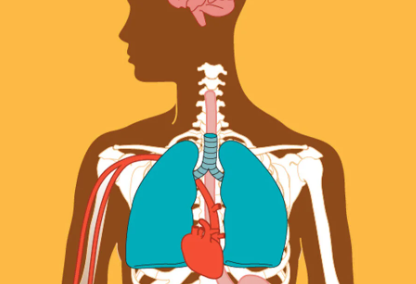Alcohol addiction, also known as alcoholism, is a serious condition that can have a significant impact on an individual’s physical health. Alcohol is a toxic substance that can damage the body in a variety of ways, and long-term alcohol use can lead to a range of serious health problems.
Liver Damage
One of the most well-known impacts of alcohol addiction on physical health is liver damage. The liver is responsible for breaking down and removing toxins from the body, including alcohol. When an individual consumes large amounts of alcohol over an extended period of time, the liver can become overwhelmed and start to deteriorate. This can lead to a range of liver-related health problems, including fatty liver disease, alcoholic hepatitis, and cirrhosis.
Cardiovascular Disease
Another major impact of alcohol addiction on physical health is cardiovascular disease. Alcohol consumption can increase the risk of heart disease in several ways, including high blood pressure, stroke, and heart attack. Alcohol can also contribute to the development of arrhythmias, or abnormal heart rhythms, which can be life-threatening.
Cancer
Alcohol addiction can also increase the risk of certain types of cancer, including breast cancer, colon cancer, and liver cancer. The more alcohol an individual consumes, the greater the risk of developing cancer.
Gastrointestinal Issues
Alcohol addiction can also lead to a range of gastrointestinal issues, including stomach ulcers, inflammation of the pancreas, and acid reflux. Alcohol can also interfere with the body’s ability to absorb nutrients, leading to malnutrition and other health problems.
Neurological Issues
Alcohol addiction can also have a significant impact on an individual’s neurological health. Long-term alcohol use can lead to brain damage, which can result in a range of neurological issues, including memory loss, difficulty with coordination, and difficulty with decision making.
Reproductive Issues
Alcohol addiction can also lead to a range of reproductive issues, including infertility, and an increased risk of miscarriage or stillbirth. Alcohol can also interfere with the development of a fetus, leading to a range of birth defects.
Conclusion
Alcohol addiction is a serious condition that can have a significant impact on an individual’s physical health. Long-term alcohol use can lead to a range of serious health problems, including liver damage, cardiovascular disease, cancer, gastrointestinal issues, neurological issues and reproductive issues. It is important for individuals with alcohol addiction to seek help and treatment as soon as possible in order to prevent further damage to their physical health.


